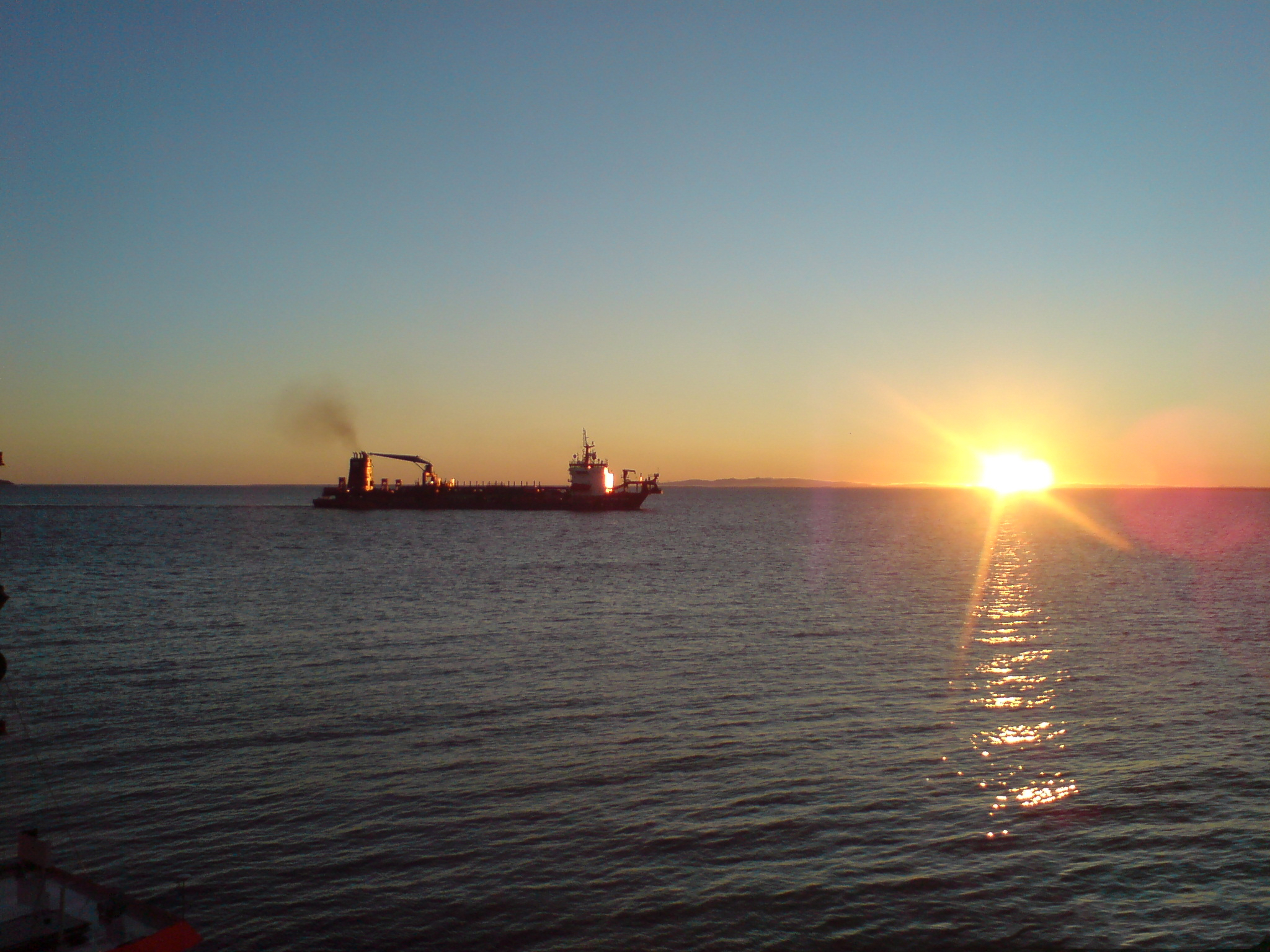The Big Picture: Oil prices experienced a rollercoaster ride this Tuesday, primarily due to escalating tensions in the Red Sea, a vital artery for global oil shipments. This volatility highlights the fragile interplay between geopolitical events and energy markets.
Why It Matters: The Red Sea is crucial for oil logistics, and any disruption can ripple through global markets. Iran’s recent deployment of a warship in this region intensifies existing tensions, especially given the backdrop of recent attacks on vessels by Yemen’s Houthi rebels.
Price Fluctuations in Focus
West Texas Intermediate in the Spotlight: The February contract for West Texas Intermediate (WTI) dropped notably, down 95 cents (1.33%), closing at $70.70 a barrel.
Brent Crude’s Movements: Similarly, Brent crude wasn’t immune to these jitters. The March contract lost 71 cents (0.92%), settling at $76.33.
Earlier Gains Erased: This drop is particularly noteworthy as it followed a surge of over 2% earlier in the trading session.
Expert Insight
Helima Croft’s Analysis: As per RBC Capital Markets’ Helima Croft, the oil market is currently in a ‘wait and see’ mode. Despite rising regional tensions, traders seem skeptical about a significant supply disruption. Croft’s comments to CNBC underline the market’s cautious stance in the face of escalating geopolitical risks.
Corporate Responses
Maersk’s Precautionary Measure: Danish shipping titan Maersk announced a halt to its Red Sea operations after a Houthi attack on one of its vessels. This decision underscores the growing concerns among global shipping companies.
Iran’s Strategic Move
Alborz Destroyer’s Journey: Iran’s state media reported the deployment of the Alborz destroyer through the Bab al-Mandeb Strait, a key maritime route. This move, part of Iran’s periodic Red Sea operations, is seen as a strategic attempt to secure shipping lanes.
U.S. Navy’s Engagement
Countering Houthi Threats: The U.S. Navy recently neutralized three Houthi rebel boats, following a distress call from the Maersk Hangzhou, a Singapore-flagged vessel. This action, which resulted in the death of 10 militants, was a direct response to Houthi aggression.
Houthi Stance
Rebel’s Claims: The Houthi group, through a rebel-owned news channel, claimed that the destroyed boats were on a mission to secure maritime routes. This statement provides an insight into the rebels’ perspective on the ongoing maritime tensions.
Bottom Line: The situation in the Red Sea is a complex interplay of geopolitical, corporate, and military dynamics, directly impacting the oil market. As tensions mount, the global energy sector remains on high alert, closely monitoring developments in this crucial region.





